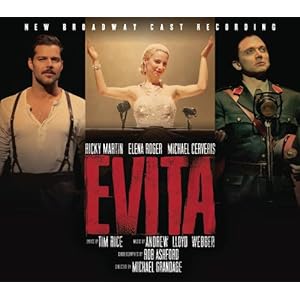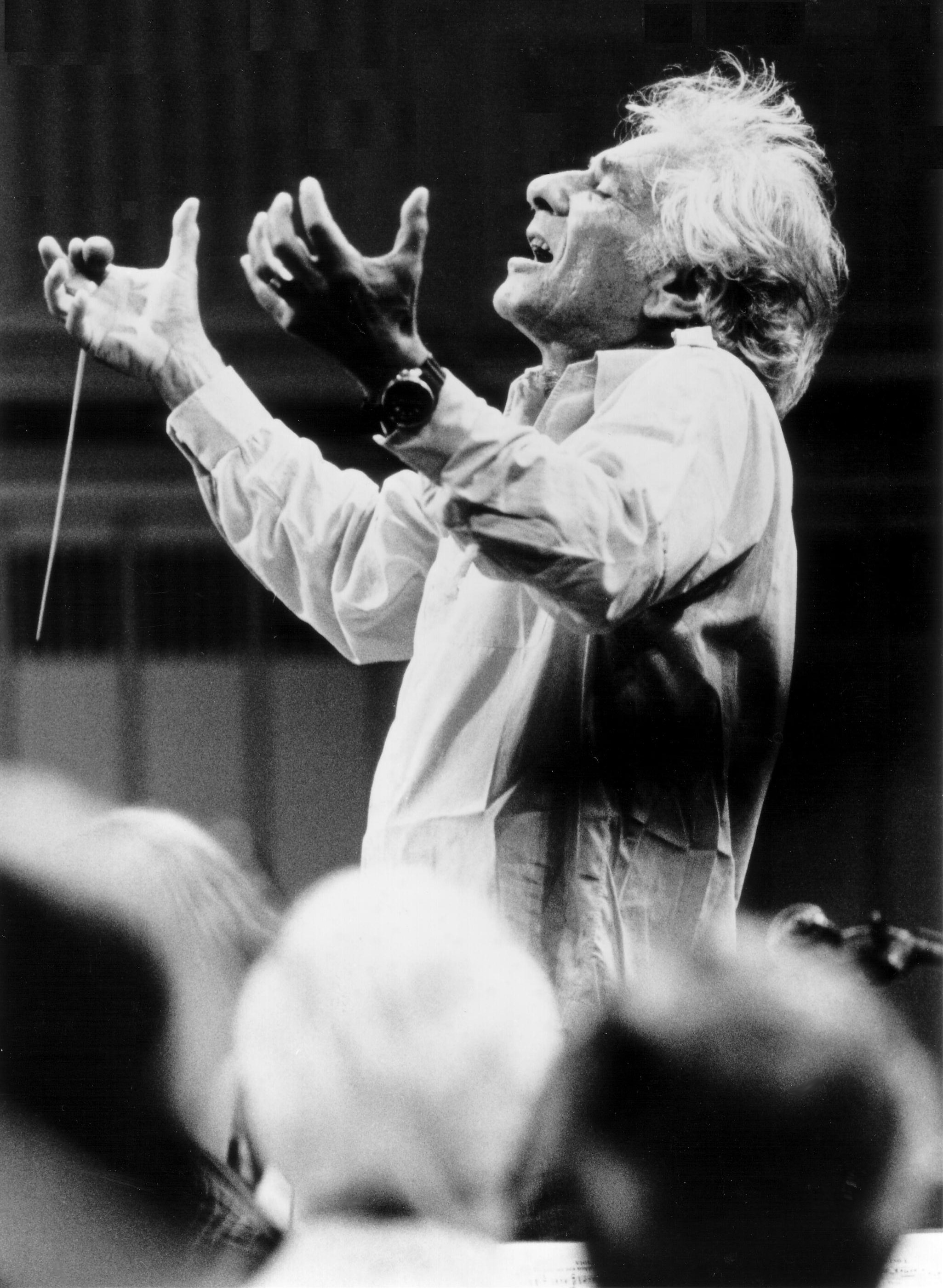Back in 2004, I had made plans to see the 5-time Tony-winning revival of Weidman and Sondheim’s Assassins just after Roundabout announced an extension through the fall. Within a couple of weeks, the extension was rescinded and I ended up not being able to get there. Whenever the production was mentioned in conversation over the next 8 years, I felt a slight tinge of regret – something I don’t feel very often when I don’t see a particular show. I had been an admirer of the original off-Broadway cast album, and found Sondheim’s exploration into the psyche of assassins and would-be assassins compelling, chilling and ultimately fascinating. So I often kicked myself for having missed it.
Late one night this last August while loafing around on Twitter, an announcement came through my feed that Roundabout would be presenting a one night only benefit concert of Assassins reuniting the entire 2004 cast, with Joe Mantello returning as director and Paul Gemignani as musical director. I don’t know that I’ve ever dropped more than a $100 on a theatre ticket, but decided I would treat myself to a rear mezzanine seat for $150. (Others paid much, much more for the privilege). I figured, especially since at the time I had only just recounted my regrets of missing the production, that this was something I had to see. No excuses. And as it would turn out, my buddy, Twitter maven, Sondheim enthusiast and professional crier Tyler Martins, bought a ticket for the seat right next to me.
As we took our seats for the concert, I couldn’t believe that more than three months had passed and the evening was finally here. To say I was excited would be an understatement. The evening was a staged concert with music stands and binders, with actors attired in all-black mufti and the orchestra (playing Michael Starobin’s excellent orchestrations) onstage. However, with a book this strong and a score this astounding – to say nothing of the brilliant company (with a game Annaleigh Ashford filling in for Mary Catherine Garrison as Squeaky Fromme), it didn’t matter.
The cast was superlative. Becky Ann Baker was a show-stealing riot as Sara Jane Moore, Mario Cantone was an appropriately loose cannon on Samuel Byck’s mad-man ramblings. My first experience seeing Denis O’Hare on stage was this summer in the Shakespeare in the Park revival of Into the Woods. While I thought he less than ideal as the Baker, he is gobsmackingly brilliant as Charles Guiteau, the unsettlingly upbeat shooter of James A. Garfield (his song is based on the actual poem he delivered at the gallows). Michael Cerveris, who won a Tony as John Wilkes Booth was excellent in the Lincoln scene, but utterly astounding in the final scene with Lee Harvey Oswald (Neil Patrick Harris).
During “Another National Anthem” Harris exited the stage and returned wearing a white tee-shirt as Oswald. This final scene, the culmination of the evening, is a fantasia in which the assassins past and future visit Oswald in the Texas School Book Depository in Dallas on November 22, 1963 to urge him to kill President Kennedy instead of committing suicide. Director Joe Mantello recreated the famed Zapruder film projection on Harris’ shirt, while the orchestra played the warped carnival waltz version of “Hail to the Chief.” This leads into “Something Just Broke,” a brilliant rumination by the show’s small chorus on the impact these assassins had on the rest of the world; how a major tragedy rattles us as a nation, leaves vivid memories like scars of where we were and what we were doing, and ultimately how we carry on (for me, I haven’t lived through an assassination attempt, but it brings to mind the events of 9/11).
I left Studio 54 numb, though I would have gladly paid for an encore.


